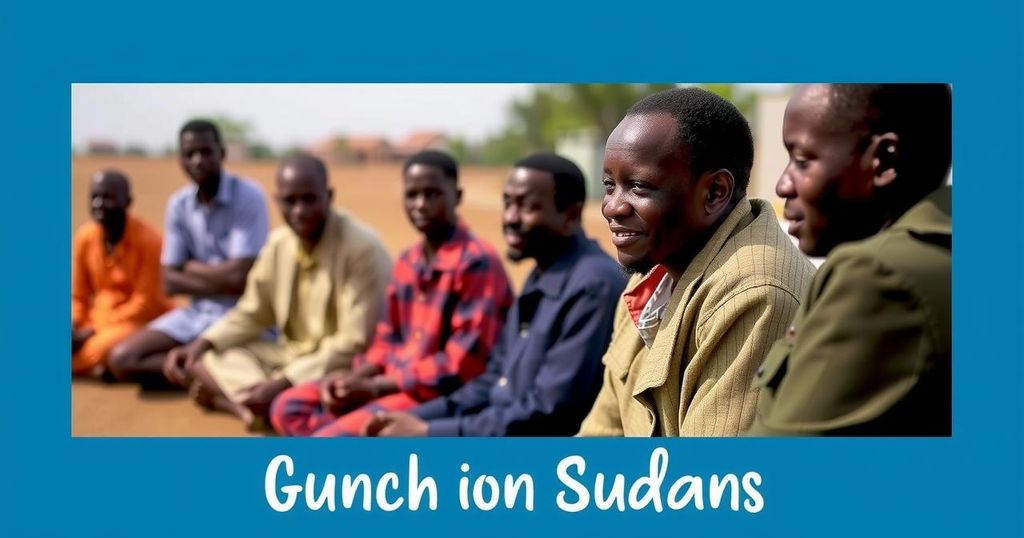The UN Commission on Human Rights in South Sudan released a video report highlighting the severe human rights violations and violence in the country, linked to widespread impunity. The report emphasizes the need for comprehensive transitional justice and accountability mechanisms to prevent further violence. It features victim testimonies and critiques the failure of previous peace agreements. The Commission’s leaders urge immediate actions to address root causes and ensure safety for citizens.
On Sunday, the United Nations Commission on Human Rights in South Sudan published a poignant 19-minute video report highlighting the ongoing violence and severe human rights violations prevalent in the country, largely attributed to a culture of impunity. Coinciding with the 11th anniversary of the civil war’s outbreak in December 2013, the video, entitled “The Unrelenting Cycle of Violence in South Sudan,” features personal testimonies from victims, shedding light on the suffering endured by individuals and communities amid a backdrop of persistent conflict.
The report underscores the urgent need for comprehensive transitional justice mechanisms that encompass criminal accountability, truth-telling, reparations, and vital institutional reforms. These components are essential to prevent the recurrence of violence and to dismantle the ongoing cycle of suffering. The Commission remarked that a successful transitional justice program reflects a radical shift in societal values, moving toward a landscape of trust, safety, and respect for human rights.
Yasmin Sooka, the Chair of the Commission, expressed deep concern over the entrenched nature of violence in South Sudan. She stated, “It is devastating to witness how entrenched and cyclical the violence has become due to the failure to hold the perpetrators accountable, including those identified by the Commission as having command responsibility. Pervasive impunity has emboldened individuals to commit horrific crimes as they have no fear of retribution.”
The video report also critically examines the failure of various peace agreements and highlights the intensified violence rooted in political motivations and ethnic tensions. Commissioner Barney Afako pointed out that countless South Sudanese citizens continue to live in constant fear, while their oppressors remain free or in positions of power. He urged prompt implementation of key legislative measures aimed at establishing transitional justice bodies, emphasizing the need for accountability and reform within the justice system.
Furthermore, Commissioner Carlos Castresana Fernandez underscored that the human toll of this conflict is immeasurable, stating, “For the victims and survivors, the lack of accountability remains one of the most significant barriers to peace. Failing to end impunity is a failure of governance and leadership.”
The report concludes by articulating the pressing necessity for national leaders to reconstruct the devastated social fabric of South Sudan through dedicated efforts toward transitional justice and accountability measures. Without addressing the fundamental causes of the conflict, including governance and systemic failures, sustainable peace will undeniably remain an elusive goal.
The video report by the UN Commission on Human Rights in South Sudan serves as a critical reminder of the dire human rights situation in the country, which erupted into civil war in December 2013. This prolonged conflict has led to widespread violence and impunity, creating a cycle of suffering for the South Sudanese people. The report coincides with the anniversary of the civil war, aiming to raise awareness about the urgent need for justice and reform to prevent further violations and restore peace.
The UN Commission’s video report serves as a stark reminder of the ongoing ramifications of impunity and violence in South Sudan. It calls for immediate action towards establishing robust transitional justice processes to address the suffering of victims and restore societal trust. Without accountability and a commitment to justice, the cycle of violence is likely to persist, undermining any efforts towards lasting peace and reconciliation.
Original Source: www.radiotamazuj.org






